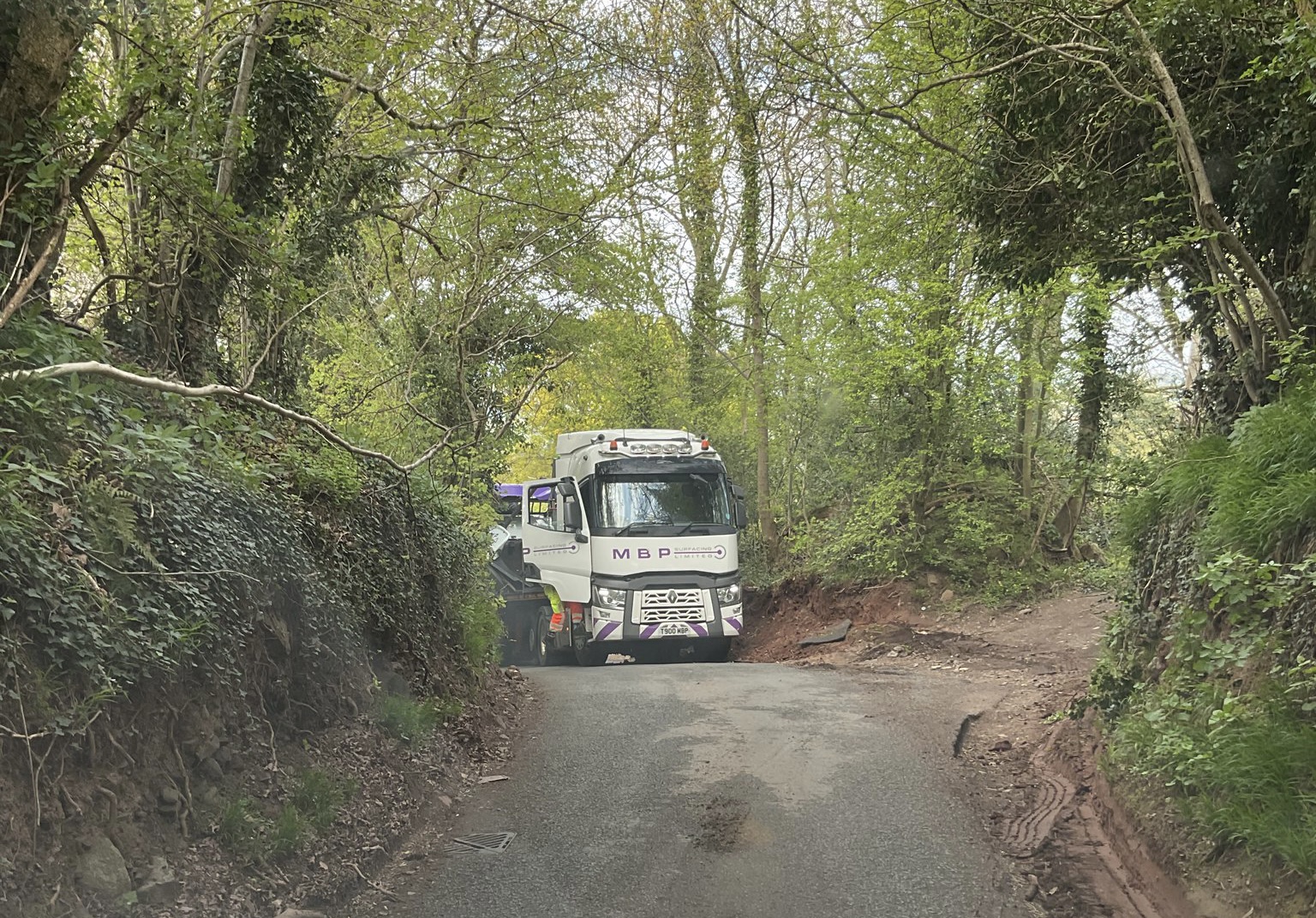- 230 projects have restarted production thanks to the Government’s Film and TV Production Restart Scheme
- 50 productions that have benefitted are either on screen or close to airing named
- More than 25,000 screen sector jobs have been supported by the scheme since launch in October
- Scheme will help keep the cameras rolling for the rest of the year with six month extension of support until 31 December 2021
Titles of more than 50 productions that are currently airing or soon to reach screens thanks to the Film and TV Production Restart Scheme have been published today.
The Scheme has already registered 230 film and TV productions, providing confidence to the screen sectors and protecting more than 25,000 jobs across one of the country’s leading creative industries.
The Chancellor announced a six month extension to the £500 million Film and TV Restart Scheme as part of this year’s Budget.
Productions that begin filming before 31 October 2021 will now be able to submit compensation claims for Coronavirus-related losses including filming delays from illness amongst the cast and crew that occur up to 31 December 2021. Productions will have until March 2022 to submit claims for compensation.
The latest extension is projected to support another 20,000 jobs this year, taking the total number of jobs supported by the Scheme to over 60,000 as planned production schedules stabilise after disruption due to the pandemic.
Culture Secretary, Oliver Dowden, said:
Our Restart Scheme has already helped the UK’s world class Film and TV sector bounce back strongly, with studio business booming, filling film studios and helping generate more than a billion pounds in production spend.
Now we’re standing by it for another six months, supporting tens of thousands more jobs and many more box sets and box office hits.
Chancellor of the Exchequer, Rishi Sunak, said:
Our world-leading film and TV industry supports hundreds of thousands of jobs and is a significant driver of economic activity. As part of our Plan for Jobs, we extended the Restart Scheme to continue giving productions the confidence they need to keep shooting, and it’s great to see so many are benefitting from it.
Productions registered to the scheme include crime drama Unforgotten currently airing weekly on ITV; popular weekday favourites like Pointless and Ready Steady Cook; and Boxing Day the UK’s first ever festive romantic comedy starring an all-black cast.
A list of productions currently available to watch or due to be released later this year is published below. The Scheme is also supporting projects in production that are yet to be publicly announced. Further detail on registered productions will be shared in due course.
Ben Roberts, chief executive of BFI, said:
The Government’s Film & TV Production Restart Scheme has been instrumental in enabling our independent production industry to get back up and running. Cameras rolling on new productions generated a £1.19 billion uplift in spend in the final months of last year and a significant chunk of that has been generated by the 200-plus film and television productions which have been covered by the scheme against potential Covid-related disruption. Extending the scheme to the end of the year will ensure more productions can get made, unlocking millions of pounds of production spend and generating more jobs across the UK.
John McVay, chief executive of Pact, said:
The latest extension to the Production Restart Scheme is hugely appreciated by the UK audio visual economy which has been using the PRS to get back to pre-pandemic levels of production and employment. This is not only good news for the economy but is great news for UK and global audiences who look to the UK as a global centre of excellence as recently highlighted on the Golden Globe wins.
The terms of the scheme will be kept under review as the sector recovers from the impact of the pandemic over the course of this year.
In addition to the significant scheme extension, the screen industry is to benefit from more support to independent cinemas through the Culture Recovery Fund, which will allocate a further £300 million to help culturally significant recover from the impact of the Coronavirus pandemic.
Contains public sector information licensed under the Open Government Licence v3.0.




